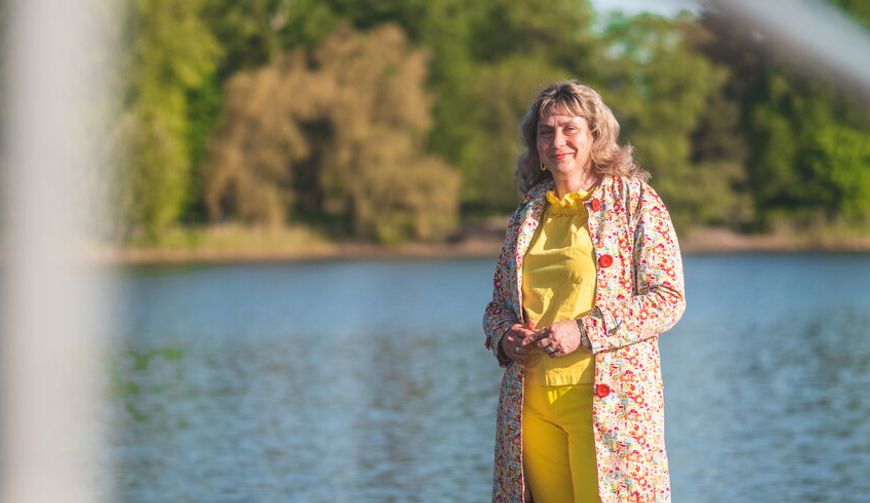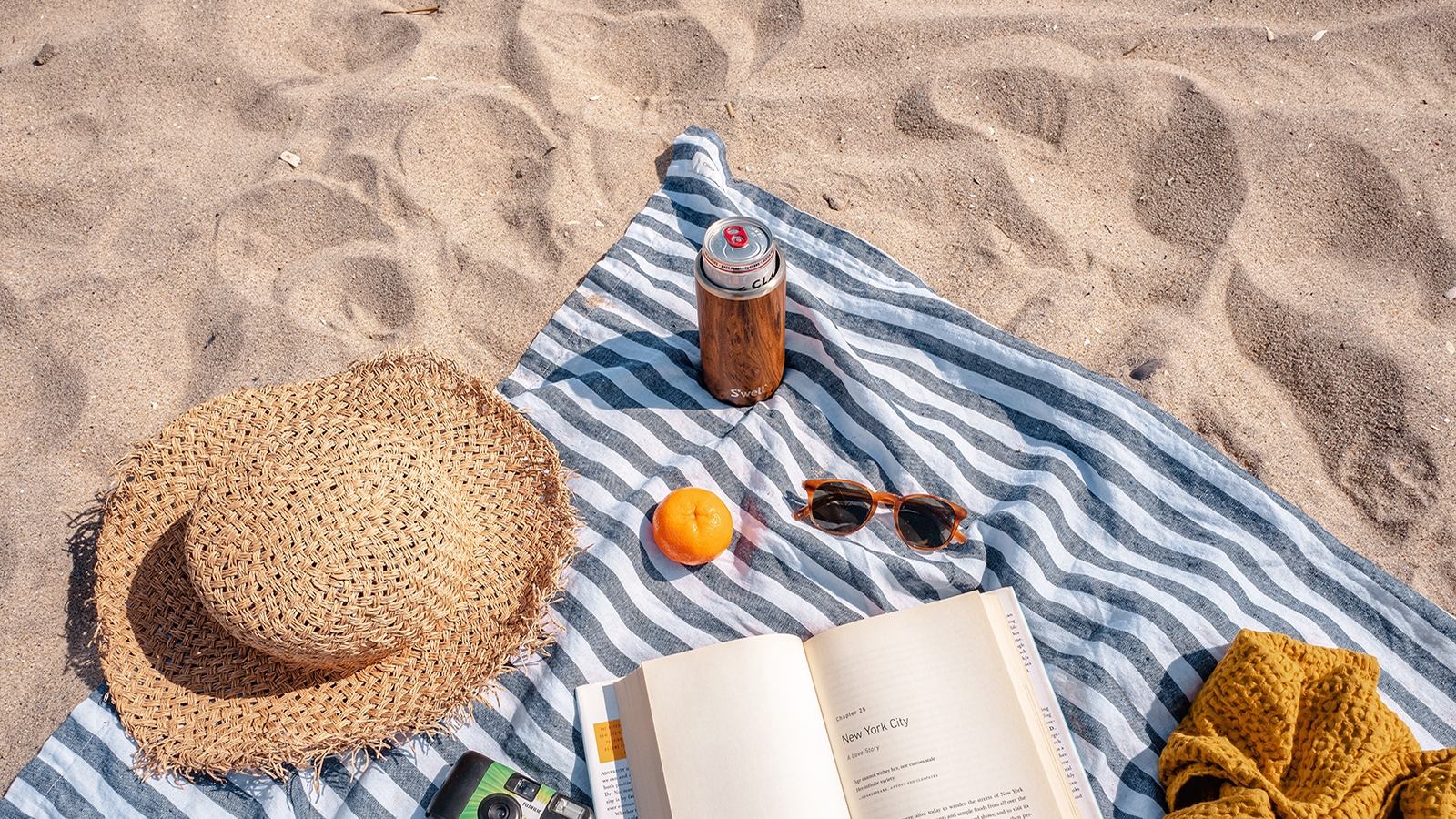

Make actions that promote work ability a part of your everyday life and holidays
Firstbeat and Mehiläinen Working Life Services organised a webinar at the end of May to discuss recovery challenges and tips for making small changes during the summer holiday and in everyday life that have a big impact on coping and recovery. The speakers included Pekka Tölli, Mehiläinen’s Chief Organisational Psychologist, Anna Gustafsson, Mehiläinen’s Service Director, and Jaakko Kotisaari, Firstbeat’s Senior Specialist.
According to the Firstbeat database, the proportion of people with poor physical health is growing year by year, and according to a recent report on physical activity (2018–2022), Finns spend most of their waking hours sitting or lying down. Similarly, according to Mehiläinen’s sickness-related absence data, musculoskeletal disorders are on the rise again after COVID-19. This may be the result of decreased physical activity caused by, for example, increased remote work. However, many jobs are increasingly inactive.
Firstbeat’s data also shows that during the summer season, the amount of sleep and exercise decreases, which may result in deficient recovery. This is good to keep in mind as the holiday season approaches. On the other hand, the holiday season provides opportunities for rest. It is important for recovery and coping to remember balance and comprehensiveness.
How can we ensure already in the spring season that we can relax during the summer holidays?
Mehiläinen’s Occupational Physiotherapist Anna Gustafsson’s tips for increasing activity and recovery.
Remember balance. A stressed mind needs rest and a break, and the body needs movement. If your body is unwell and does not get enough exercise, it also directly affects mental well-being.
If you feel like you don’t have the energy to do anything after work, try walking or some other form of physical activity for 10–15 minutes. If you still feel like you don’t have any energy, you need to rest.
Remember to pay attention to recovery in everyday life and on working days, not just on holidays. Even short breaks work wonders, so think about how you could incorporate exercise into your workdays and breaks.
Consider whether you could use the holiday to work out and improve your physical health. Good fitness improves recovery from work and increases performance.
People are often busy before the summer season, and both everyday life and work are stressful. When the summer holiday finally arrives, all the energy goes into recovering from stress with little to no resources for anything else. It is important to remember that the summer holiday is not meant to be spent on coping with stress, but to recover and gather strength during the holiday.
Mehiläinen’s Chief Organisational Psychologist Pekka Tölli’s tips on how to help the mind recover.
1. Detaching from work is an essential part of recovery. Try to detach your thoughts from work and physically leave the workplace. If you work remotely, you can move to a different room or take a short walk, i.e. commute to work. Make sure to set appropriate boundaries between work and free time.
2. Remember to relax in ways that you find enjoyable. Exercise, spend time in nature, lie down or meditate, read books or listen to music. The most important thing is to do things that bring you the most joy and promote relaxation. Keep in mind that relaxation is not a chore to just get over with.
3. Allow yourself the freedom to do things you want to do. Most people have a lot of expectations to meet and wishes to fulfill when it comes to hobbies, children or family. Make time for things you want to do yourself. It is OK to sometimes be selfish and refuse to do things when you lack the energy.
4. Practise your skills and develop yourself. Expose yourself to new experiences that require completely different skills than your job. It is important to challenge yourself in a fun and interesting way.
5. Do things that are meaningful to you. They can be small things, such as spending time with and supporting your loved ones, or volunteering, for example.
6. Nurture important relationships. A sense of belonging is important, so remember to nurture meaningful relationships and be involved in communities that are important to you. Here, too, quality replaces quantity, so do not exhaust yourself by trying to be involved in everything.
We hope that you got some tips that you could benefit from in your everyday life, at work and on holiday. If you are concerned about your own coping or well-being, please do not hesitate to contact occupational health.
In matters related to exercise, activity and the well-being of the body, you can contact your occupational physiotherapist directly, and in matters related to the mind and well-being, please contact your occupational health nurse. OmaMehiläinen and its services, such as the Digital Clinic Occupational Health Care Centre and the Concern about my own coping chat, are also available throughout the summer, 24/7.
If you want to hear more about how you can support your employees’ well-being in practice, please contact your occupational health contact person or send email to firstbeatlife@mehilainen.fi.
The article was written on the basis of a webinar held by Firstbeat and Mehiläinen on 30 May 2023.